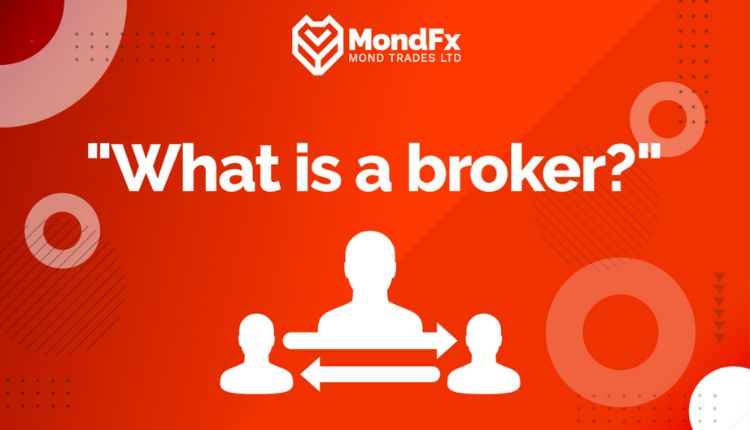A broker is a platform that facilitates trading in the stock market. A broker helps you buy and sell shares for a commission. They also give you access to a range of financial literacy tools and apps. Broker platforms work through the day ensuring smooth transactions between their clients and exchanges. They may physically present trades or monitor them from their computers.
Online Brokerage Account
An online brokerage account is a great way to start investing in stocks. The best online brokers offer a variety of investment options, including IRAs and ETFs. They also provide educational articles, videos, and financial literacy apps. You can choose an online broker that suits your needs by comparing fees, services, and account minimums.
The best online brokers are registered as broker-dealers and are backed by the Securities Investor Protection Corporation (SIPC). This protects your cash in case the brokerage firm fails. However, this does not protect you from unauthorized trading activity or technical glitches that can cause you to lose money.
To open an online brokerage account, you need to provide personal information such as name, address, and phone number. You will also need a bank account to transfer funds into your new account. Once you have the funds in your account, you can begin to trade. The speed of trading online can work as a double-edged sword, as it may lead you to make expensive mistakes.
Managed Brokerage Account
Despite the name, a trading منصة eo broker isn’t the same as a broker. The former is an interface that lets you conduct trades and invest in markets, while the latter is a middleman who handles the actual trades on your behalf. Most brokers have a number of different account types, including managed brokerage accounts. These are usually fee-based and require a minimum investment. These are ideal for investors who want hands-off management of their investments.
Some brokerage firms also offer robo-advisors, which are automated portfolios that manage investments for a flat fee. This is an excellent option for investors who prefer to be hands-off about their investments, but you should always check the fees and performance of any managed brokerage account before signing up. In addition, you should understand the process of withdrawing money from a brokerage account. It can take a few days for funds to be transferred from the broker to your bank. Some brokers require you to verify a transaction, which can be a nuisance.
Full-Service Brokerage Account
A full service brokerage account is a trading platform where you can buy and sell stocks, mutual funds, ETFs, bonds, or other securities. These accounts offer financial services like personalized investment advice, retirement planning, research, and access to IPOs. They are ideal for individuals who prefer a hands-on approach to investing.
However, this level of service can come at a price, and the commission rates for a full service broker are often higher than those for a discount broker. In addition, many brokers charge extra fees for various services.
When choosing a brokerage firm, you should review its Customer Relationship Summary, or Form CRS, to understand the firm’s fees and services. These documents are usually provided before or at the time you open your account. Then you should compare the fees of different brokerage firms to find one that best fits your needs. You should also consider how easy it is to open a new account with each broker.
Stock Broker
A stock broker is a person or entity that facilitates investments by buying and selling securities on an exchange. These brokers can provide a variety of services, from personalized investment advice and retirement planning to transaction execution. They are regulated by the SEC and members of self-regulatory organizations. Some stock brokers offer a full range of features, while others specialize in specific market sectors.
A full-service broker will typically meet with you and discuss your goals. They can also conduct research and recommend investments. They may also offer customized strategies and tax advice. These brokers can save you money by avoiding unnecessary commissions and fees.
Some brokers also sell mutual funds and ETFs, which are similar to stocks. These brokerage firms have low investment minimums and can help you diversify your portfolio. They can also offer a wide selection of investment options, such as foreign exchange rates and bond markets. In addition, some of these brokers offer free level 2 market data, which allows investors to make more informed trading decisions.
Wrapping It Up
A broker is the software or interface that allows you to trade financial instruments like stocks and bonds. They are often licensed to conduct trades on an exchange. Larger brokerage firms are often market makers and carry an inventory of shares to help reduce stock exchange fees for their clients. They may also offer personalized advice and investment planning services for affluent clients.

